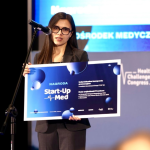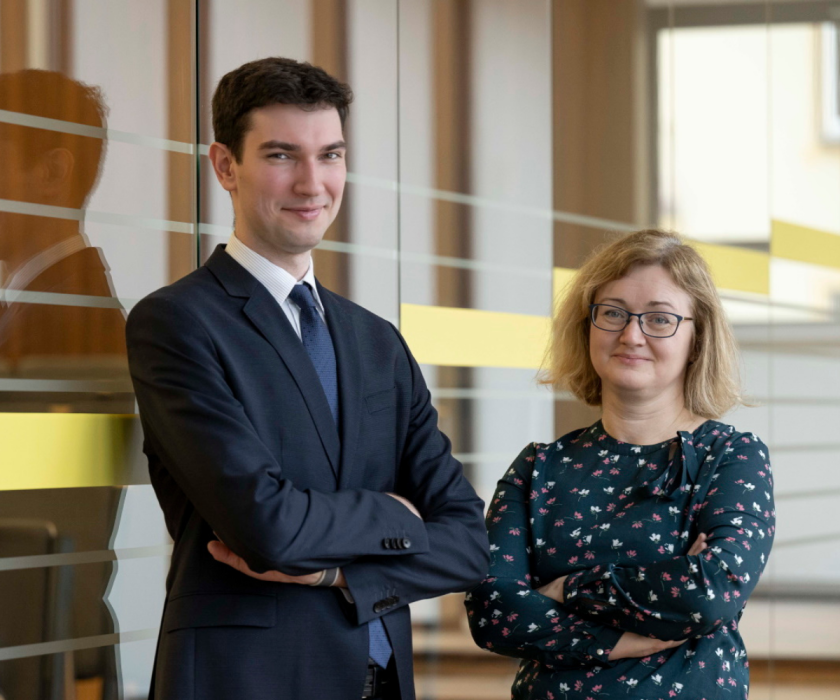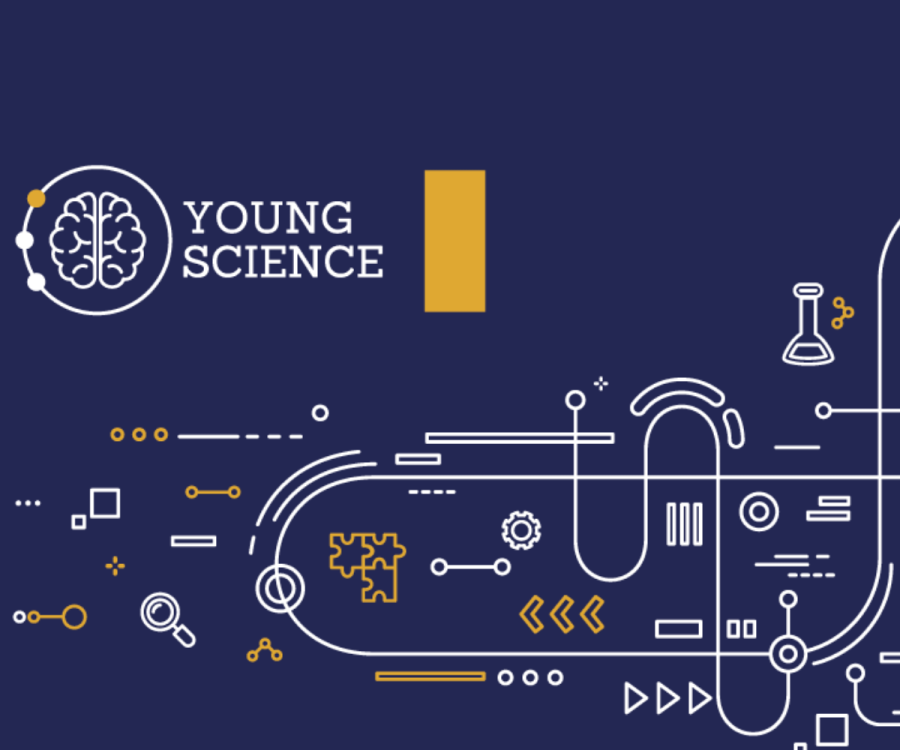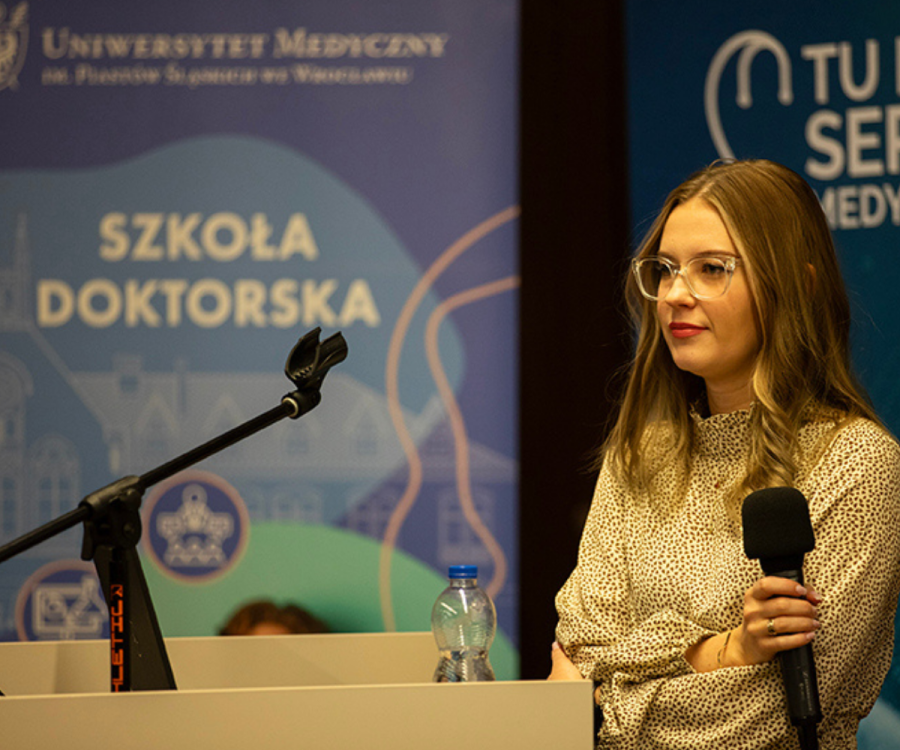
WMU Doctoral Student wins Readers’ Choice Award at Start-Up-Med
2025-04-23
New Course on Research Methodology
2025-04-23The Medical University of Wrocław has introduced the “Young Science” (“Młoda Nauka”) initiative — a strategic programme aimed at supporting young researchers at various stages of their academic path, from high school graduates to postdoctoral scientists. The initiative reflects the university’s commitment to fostering talent, innovation, and international cooperation.
In response to a growing concern over the declining number of early-career researchers, the Medical University of Wrocław has launched the “Young Science” programme, designed to create a stimulating and supportive environment for scientific growth. The programme is led by Prof. Julita Kulbacka and Dr. Wojciech Szlasa, under the patronage of Rector Prof. Piotr Ponikowski.
The initiative targets students, PhD candidates, and young scientists, and also aims to inspire outstanding high school graduates to pursue medical and scientific careers. “Young Science” offers a range of support mechanisms to help participants navigate their research journey and develop their academic potential.
Key pillars of the programme include:
- Mentorship: Creating a university-wide mentoring network that connects young researchers with experienced academic staff to guide their scientific development.
- Administrative and Communication Support: Streamlining research-related procedures and enhancing communication channels to make academic life easier and more efficient.
- International Collaboration: Encouraging mobility and global research partnerships to broaden the scientific horizons of young scholars.
- Special Pathways for Talented High School Graduates: Offering tailored study tracks and early mentorship for students showing exceptional potential.
- Training and Development: Providing workshops and courses on essential research skills, including grant writing, patenting innovations, and commercializing scientific findings.
The programme is closely aligned with the university’s strategic development goals for 2024–2026, which emphasize excellence in research, internationalization, and human capital development. One of the planned initiatives is the launch of a “Science Club” — a dynamic space for young researchers to collaborate, exchange ideas, and build a sense of scientific community.




